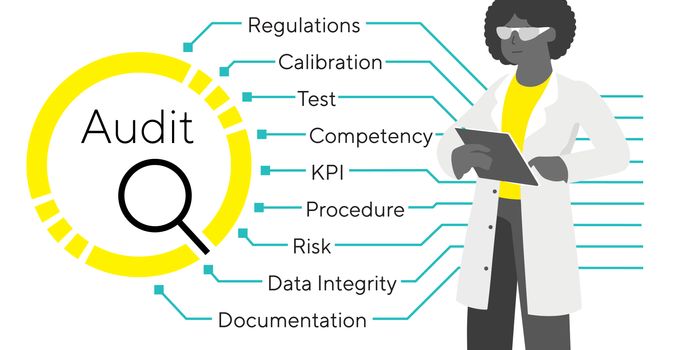Portable MRIs for Detecting Stroke
Strokes are considered medical emergencies. They happen quickly and with devastating results. During a stroke, blood flow to the brain is fully or partially blocked, cutting the brain off from oxygen. Without oxygen, brain cells start to die, causing irreversible damage to the brain (such as reduced motor and cognitive skills). Currently, strokes are the number five cause of death in the United States. It’s estimated that nearly 800,000 people a year experience a stroke, with the overwhelming majority of strokes (87%) being ischemic—or caused by blocked blood flow—rather than being from a brain bleed.
Common diagnostic tools include MRIs, which can help visualize blood flow and any blockages in blood flow to the brain. They are more timely and effective compared to CT scans, for example, saving valuable time when it comes to detecting and treating a stroke as quickly as possible. However, MRIs are large machines that can’t easily move around. So for many living in rural areas or in developing countries without easy access to such technology, barriers exist to receiving timely treatment for a stroke.
New research published in Science Advances outlines work done by researchers at Harvard and Yale to test a portable MRI machine for detecting ischemic strokes.
In the study, researchers performed scans for 50 patients at Yale New Haven Hospital using the portable MRI. Their analysis of the subsequent images found that the portable MRI accurately confirmed an ischemic stroke previously noted by a regular MRI in 45 of the cases. The portable MRI could even locate a blood clot as little as 4 millimeters.
Previous research suggests that portable MRIs can also differentiate between a stroke caused by a blood clot and a stroke caused by a brain bleed, an important differentiator that could help clinicians administer the correct treatment and save lives. For example, ischemic strokes are often treated with blood thinners. Conversely, a blood thinner would be dangerous for someone with a brain bleed.
Sources: EurekaAlert!; Science Advances








